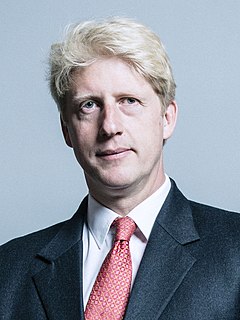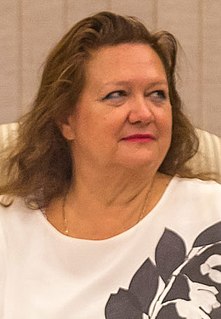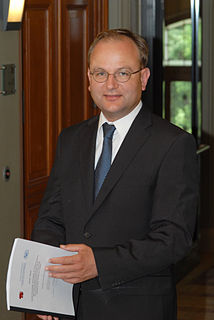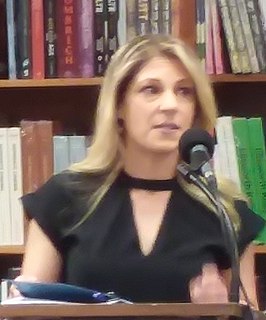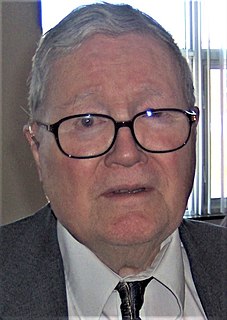A Quote by Jo Johnson
What is so clearly in the national interest is everything the government is doing in its strong, one nation domestic policy agenda: more police on the streets, more doctors and nurses in our hospitals, a welcoming face to scientists and international students.
Related Quotes
The investment in our mining industry has been very positive for Australia but we need to be doing more if we want, as I do, more revenue for our defence - which I think is under-resourced - our police, our elderly, our hospitals, roads, infrastructure and communication, to be able to repay our debts and enable sustainable job opportunities for existing and future generations.
That government is best which governs the least, so taught the courageous founders of this nation. This simple declaration is diametrically opposed to the all too common philosophy that the government should protect and support one from the cradle to the grave. The policy of the Founding Fathers has made our people and our nation strong. The opposite leads inevitably to moral decay.
A much more radical conclusion . . . that, so far as I know, is shared by only a very few students of public choice [is]: that government employees or people who draw the bulk of their income from government by other means should be deprived of the vote . . . It is another example of the opening up of alternatives for investigation and the presentation of new conceivable policy options characteristic of public choice, rather than a policy that all its students favor.
I believe it is in the national interest that government stand side-by-side with people of faith who work to change lives for the better. I understand in the past, some in government have said government cannot stand side-by-side with people of faith. Let me put it more bluntly, government can't spend money on religious programs simply because there's a rabbi on the board, cross on the wall, or a crescent on the door. I viewed this as not only bad social policy - because policy by-passed the great works of compassion and healing that take place - I viewed it as discrimination.
